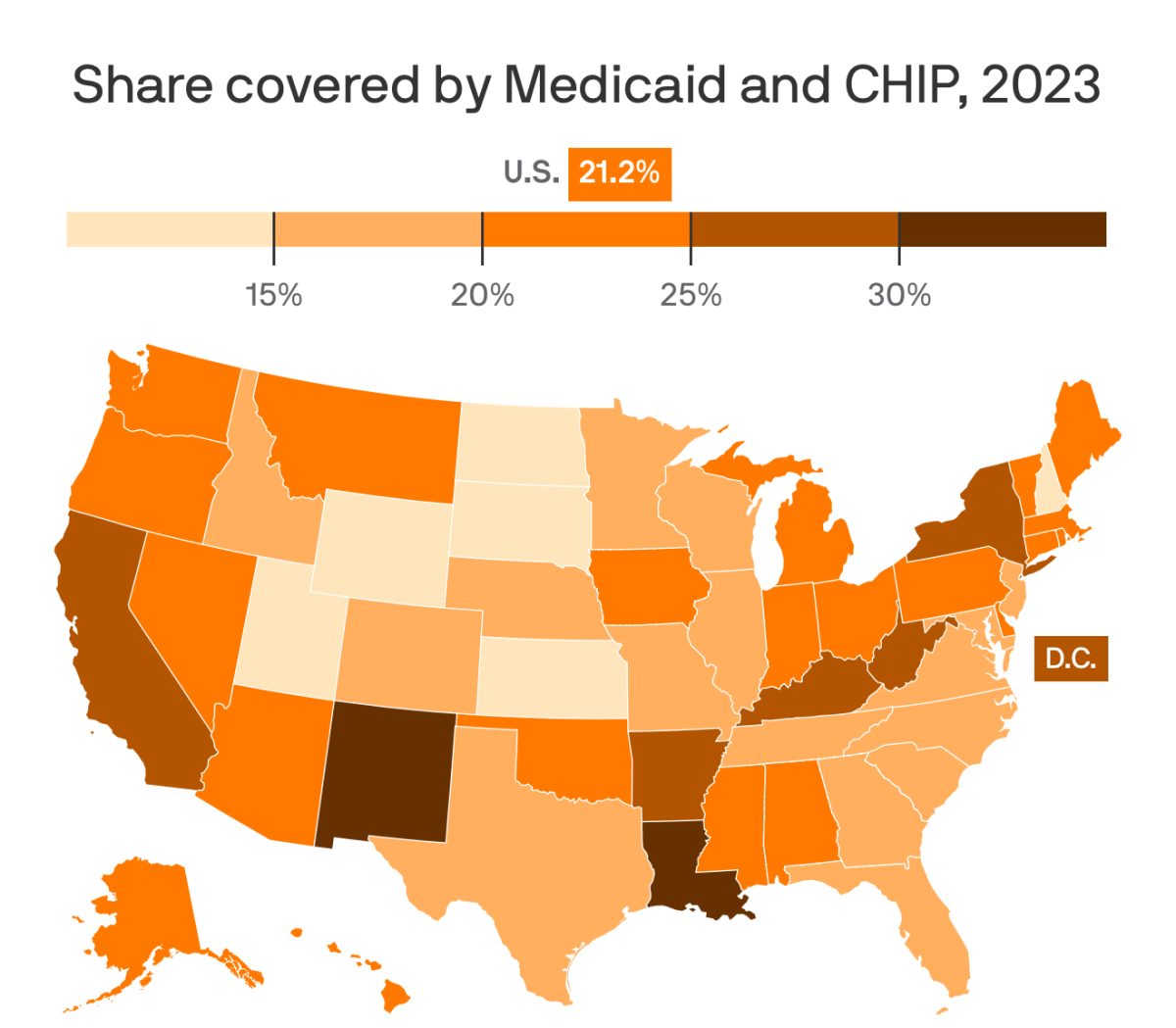Online retailers like Shein, Temu, PrettyLittleThing and Fashion Nova are raising prices and facing longer shipping times due to newly imposed tariffs on imported goods. The shift could reshape how college students — many of whom rely on fast fashion — shop for affordable, trendy clothing.
Under the new regulations, delivery times that once spanned a few days or a week could now stretch to nearly a month. The longer wait is expected to frustrate shoppers who have grown used to near-instant gratification.
Temu and Shein already have warehouses in the United States, allowing them to fulfill some orders more quickly. However, neither company has issued a formal statement addressing the impact of the tariffs.
Tariffs — taxes on foreign goods — are designed to make imported products more expensive, encouraging consumers to buy from domestic businesses. A key policy related to this issue is the De Minimis Provision, originally introduced in 1938. In 2023, President Joe Biden pushed to tighten regulations that prevented companies from skirting tariffs by shipping small packages under $800. That rule was later repealed in early 2025.
The changes are expected to have long-term effects on e-commerce, which surged during the COVID-19 pandemic and has remained a dominant retail channel.
In response to growing demand for affordable online options, Amazon in late 2024 introduced a low-cost storefront featuring items under $20. But demand for imported tech products — such as computer chips and EV batteries — remains high, with supply chains already showing signs of strain.
Postal workers may also feel the pressure, as increased delays and volume from international orders could strain the system even further.
“I do shop online a lot,” said Saniya Comas, a sophomore bioengineering major. “Being in college and buying things on my own, I will see the effects of the tariffs.”
Beyond price hikes and delivery delays, fast fashion has long been criticized for its labor practices and environmental impact. Retailers like Shein, H&M, Forever 21 and Temu have faced scrutiny for operating in sweatshop-like conditions and producing clothing that quickly falls apart or ends up in landfills.
“I think that the ones running fast fashion companies should reflect on their unethical practices and how they negatively affect the environment,” Comas said. “But on the other hand, being in college and not working, I understand why people still shop with fast fashion companies.”
PrettyLittleThing recently underwent a major rebrand, shifting from casual, trendy wear to more conservative, business casual pieces — a change that caught many customers off guard. Meanwhile, Forever 21 has filed for bankruptcy and is closing all of its physical locations.
“Even though the clothes are cute, trendy and affordable, the real cost is much higher because it’s often made through exploiting workers and in unsafe conditions, and that’s not OK,” said Lailah Pratt, a sophomore biology major on a pre-med track.
Pratt added that she tries to be more mindful about how she shops.
“I still buy fast fashion sometimes, but I also buy pre-loved pieces and sell clothes I don’t wear anymore,” she said. “It’s just my way of being a little more responsible with how I consume.”
As online shopping evolves under the pressure of tariffs and rising ethical concerns, college students may face tough choices about how — and where — they spend their money.







